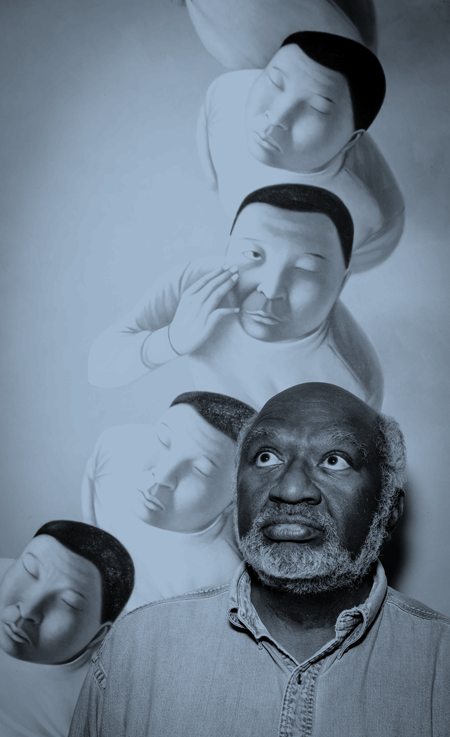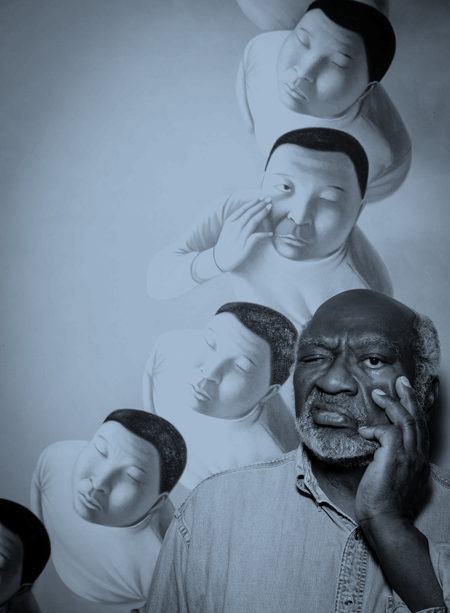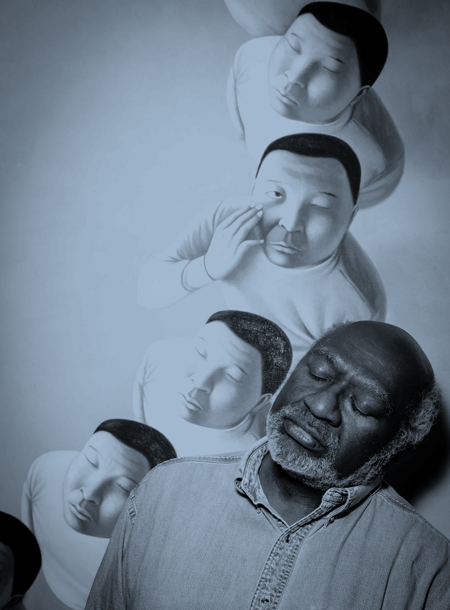Through All the Long Nights
When you visit a prison you leave all your valuables, your connections to the outside world, at the desk. Next you go through a metal detector, after which you’re carefully searched. Then you stand in the “trap”— a short hallway with a heavy metal door at either end.There are a few uncomfortable seconds when the door behind you slams shut and the one to the inner facility is still closed; your civilized brain knows they’ll let you leave at the end of the day, but your lizard brain wants you to turn around and scream, “OPEN THE DOOR! LET ME OUT!
But as always, the door to the yard opens and I walk out with the guard to my destination—the auditorium where I’ll read my poetry along with inmates and several other poets from the outside.
I’ve been coming to this particular Massachusetts state prison for some years, and am greeted by a number of familiar faces. The first time you visit a prison to do volunteer work, the inmates are pleased to see you, and happy you took the time to visit. The second time it’s, “Hey man, you’re back! Good to see you again.” But by the third visit, there’s a subtle shift; the conversations start to get real.
No one with a lick of common sense would on short acquaintance ask an inmate, “So…what are you in for?” But at some point, maybe after your fourth or fifth visit, occasionally someone will just suddenly start to talk about it. I once had an inmate calmly describe how his “victim’s” wealthy and politically connected family had told his lawyer they’d make sure he’d never be paroled. But the calm wasn’t callousness; in a way he wasn’t even talking about himself; he was talking about someone who no longer exists. As if he was saying, “For you to understand who I am now, you have to understand who I was.”
Obviously, not everyone in prison has reached that kind of self awareness; I work with a particular population: those who want to take part in a poetry workshop. Whatever they might have been on the outside, at this point none are hard cases or discipline problems. And it’s clear how much it means to them to share their writing with the visitors, and with each other. Poem after poem speaks of loss and regret, and hard-won knowledge, and hopes for a future—the hope to keep it together until THAT DAY comes. The one with the big red circle around it on the calendars they carry in their heads. For the men who don’t have that release date to look forward to, the ones in for life…I can’t imagine how they manage to cope.
Some inmates whose fathers were never really part of their lives are now fathers themselves. They often write about the sadness and frustration of not being there for their children, of not being able to teach the lessons they had to get locked up to learn.
On a previous visit I was talking with an inmate whose wife had divorced him soon after he got locked up and remarried soon after. She never visited but would bring their young daughter to see him while she waited in the reception area. After we talked, he stepped up to the mic and read a poem about the first time his daughter, now a teenager, referred to his ex’s current husband as “Dad.” When he finished no one could speak; all the air had been sucked out of the room.
Someone else would pin a flower on his daughter’s junior prom dress...walk her down the aisle…bounce her baby on his knee…images his mind projects on the ceiling of his cell through all the long nights…



